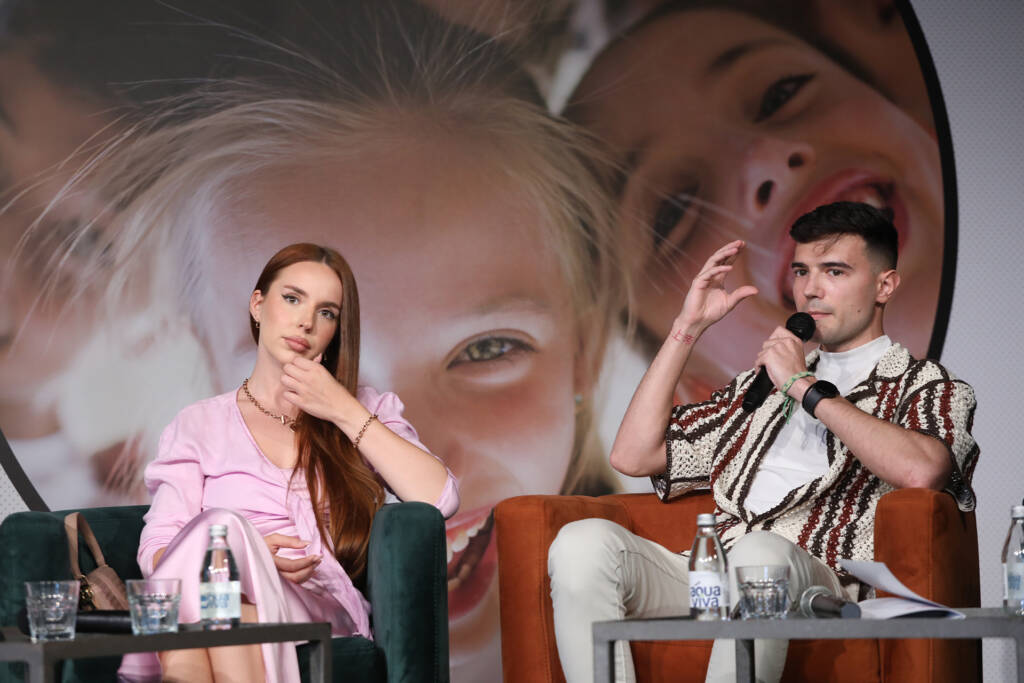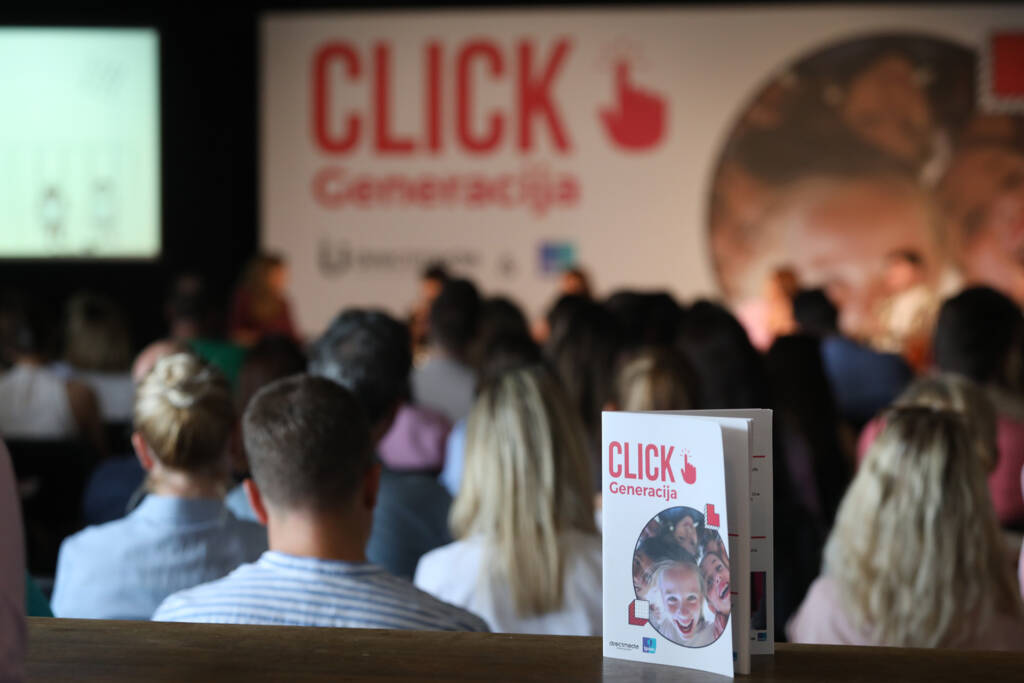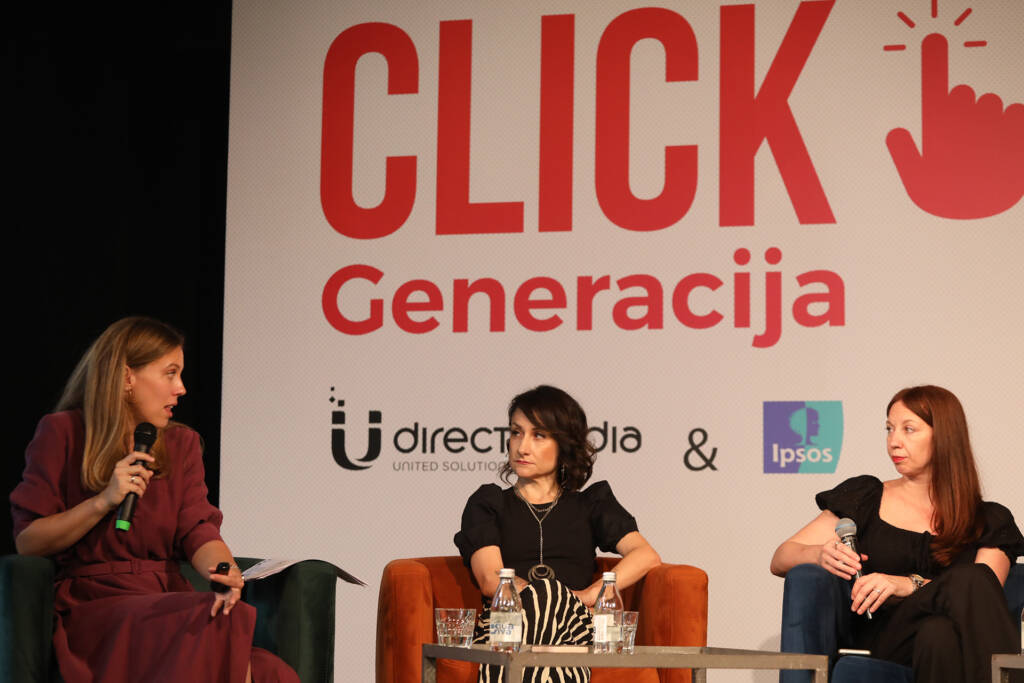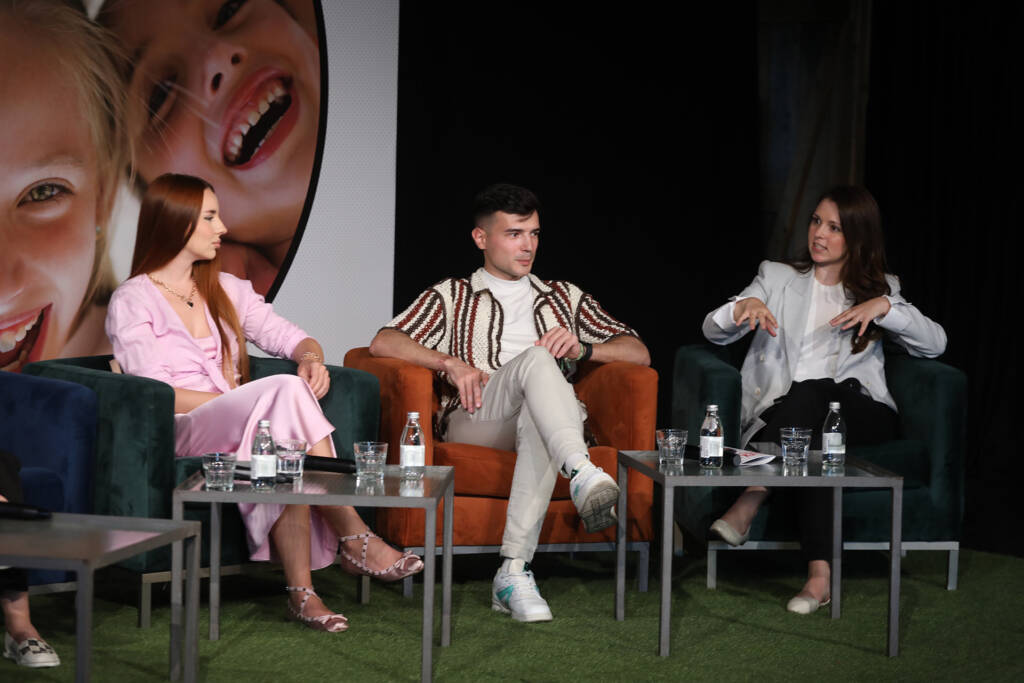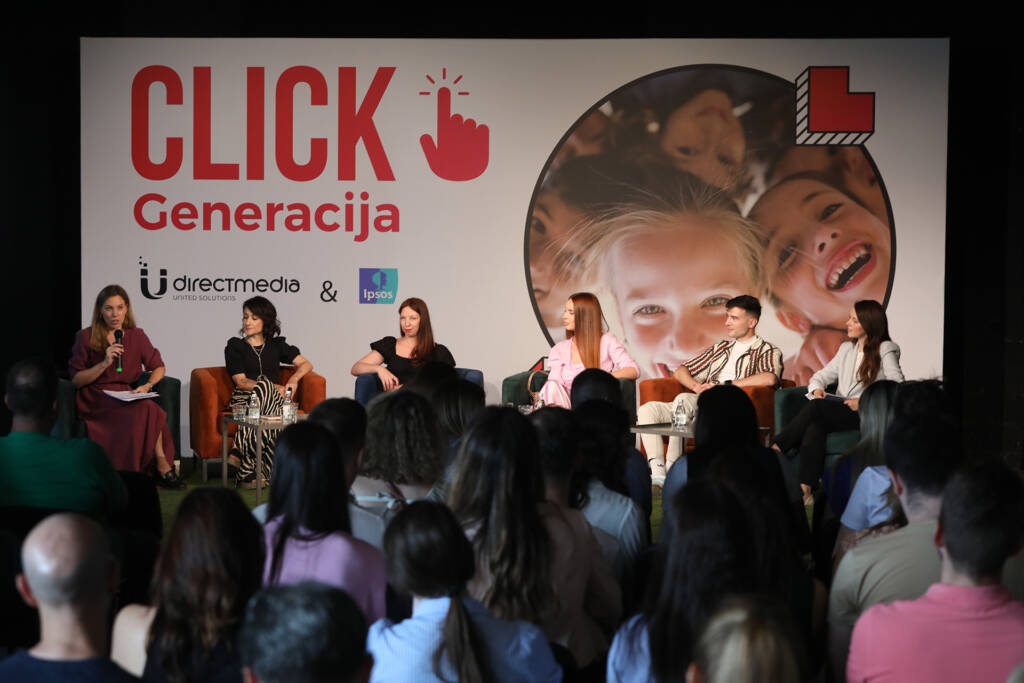Direct Media and Ipsos Agency conducted research on the generation born in 2010 and later
Children born from 2010 onwards, who came into the world alongside Instagram, are immersed in the digital world often before they can even walk. Growing up on the internet, they are more technologically adept than their Millennial parents, they use English words more frequently than their older peers did at their age, consider swear words part of everyday communication rather than insults, and have a passion for brands and travel. While they are aware of the importance of school, the abundance of extracurricular activities and the increasing convergence of online interactions mean they socialize less spontaneously. Understanding this so-called Click Generation, who get everything with a CLICK, is crucial for the success of any marketing strategy, especially due to their influence on their parents—Millennials, who are one of the most desirable target groups for many brands, according to the research conducted by Direct Media United Solutions and Ipsos Strategic Marketing.
Children of the Click Generation began being born in 2010, the same year Instagram was launched, the first iPad and smartphones appeared. Often, their first encounters with technology occurred before they could even walk. As shown by this research, they spend 1 to 4 hours a day on their phones, primarily on TikTok, YouTube, and Instagram. Boys mostly follow gaming content on YouTube and social media, while girls are particularly fond of videos showcasing makeup and skincare routines, dance choreographies, cute/funny videos, and various creative processes. Interestingly, cooking content appeals to both boys and girls.
On YouTube, they watch short clips or YouTube Shorts, listen to music—mostly artists like Desingerica, Crni Cerak, Breskvica, Zera, Voyage, Rasta, Henny, and Coby, as well as the K-pop group Blackpink. While boys spend their free time playing shooting and horror-themed video games like Fortnite, Brawl Stars, Minecraft, and Naruto, girls prefer less aggressive games such as Pizza Ready, Match Masters, Subway Surfers, etc. They particularly enjoy playing games online as a team whenever possible.
These children are aware of the importance of school and good grades and have many organized extracurricular activities, often imposed by their parents. These activities include basketball, soccer, volleyball, gymnastics, and archery. As a result, they have less time to spontaneously play and socialize in parks and playgrounds. They enjoy spending their free time watching TV with their parents and siblings. With their fathers they watch sports, with their mothers series, and cartoons with their brothers and sisters.
Their Millennial parents, who themselves were shaped in the digital world, are well-equipped to deal with the complexities of the Click Generation. However, as the research shows, they have certain concerns. The biggest fears are that these children will see the world through a screen, that real human interaction, social skills, and interest in other activities will be lost, as well as concerns for their physical health. Therefore, parents limit their internet time, forbid them from being on social media, or posting pictures if they are in them. They have also thoroughly educated them about the dangers lurking online.
On the other hand, parents of the Click Generation understand that the online community has its benefits. Children use it to exchange information and ideas, to discuss and plan homework, and to practice, online, the tasks from the courses they attend. Apps that solve math problems are available, exams are practiced in virtual classrooms, and the youngest learn numbers, letters, and songs online. The ability to quickly access information and independence in acquiring knowledge is generally one of the greatest advantages recognized by parents in the digital era.
Ljubica Vukčević, Head of Data Analytics and Insight at Direct Media United Solutions, explains why it was important to conduct this research.
“As always, guided by the idea to provide our clients with the best possible understanding of target groups, using both 3rd party and 1st party data, but also working on creating comprehensive consumer profiles, we wanted to determine through this research what these children, who are still in their formative phase, are like. Knowing that as they form, they also shape the framework within which our clients will operate,” emphasized Ljubica Vukčević.
“With 2.5 million representatives of the Click Generation being born worldwide every week, these young people will be the most diverse and technologically literate generation to date. Thanks to technology, these children will push the boundaries of the world as we know it, live longer, retire later, and communicate faster in a global, technologically oriented environment,” said Irena Racković, Research Manager at Ipsos.
